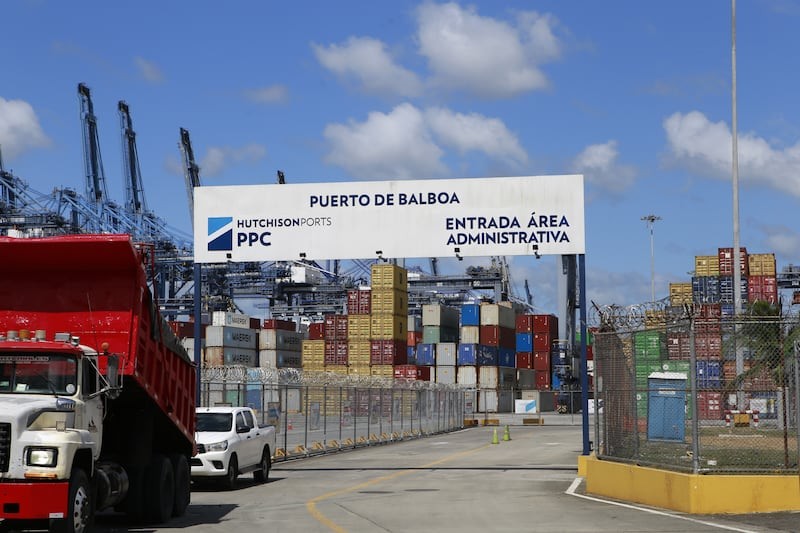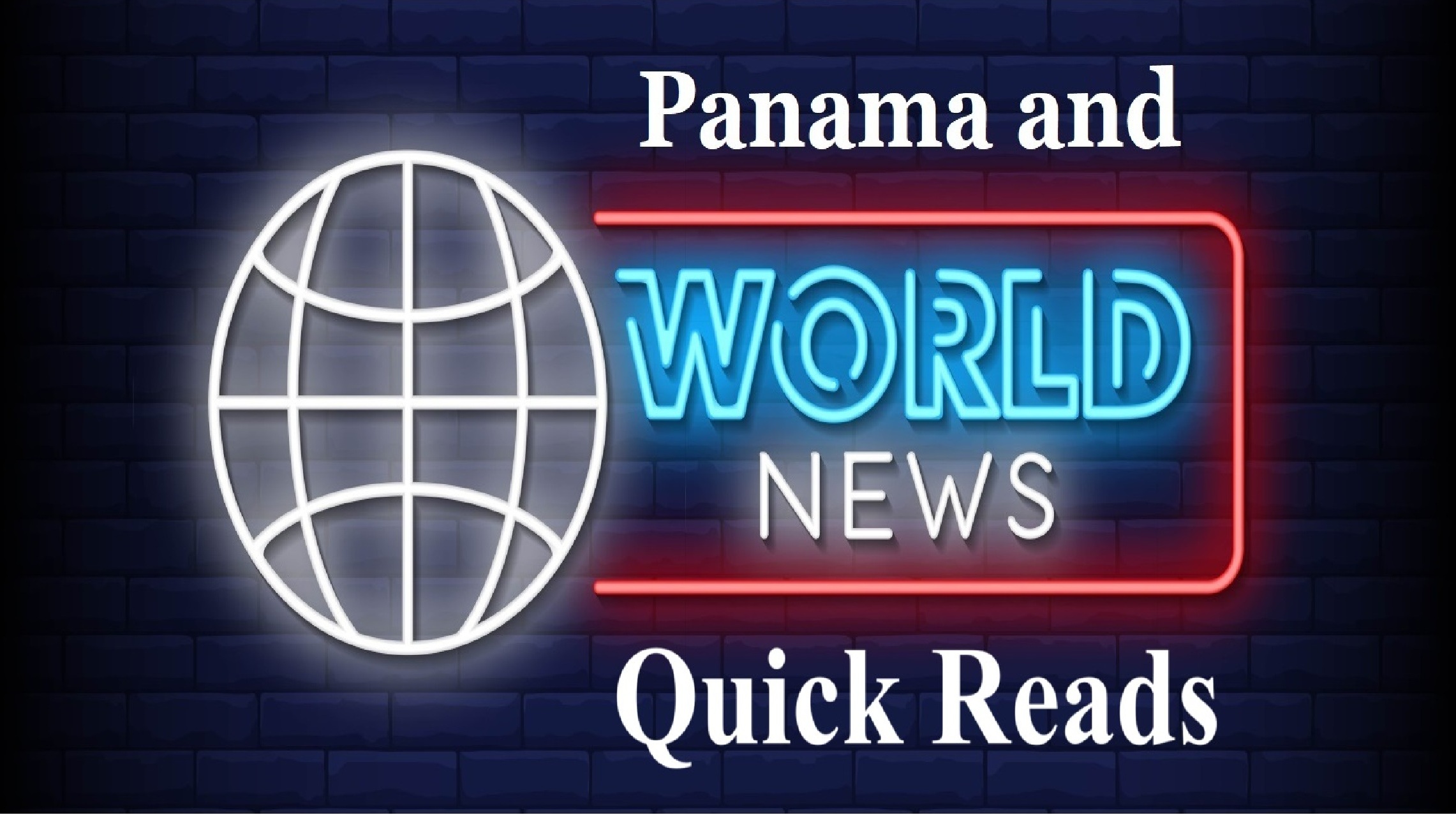HEALTH WATCH: Choosing Normal Blood Pressure

By Michael Greger MD
For the first 90% of our evolution, humans ate diets containing less than a quarter teaspoon of salt a day. Why? Because we ate mostly plants.
Since we went millions of years without salt shakers, our bodies evolved into salt-conserving machines, which served us well until we discovered salt could be used to preserve foods. Without refrigeration, this was a big boon to human civilization. Of course, this may have led to a general rise in blood pressure, but does that matter if the alternative is starving to death since all your food rotted away?
But where does that leave us now, when we no longer have to live off pickles and jerky? We are genetically programmed to eat ten times less salt than we do now. Even many “low”-salt diets can be considered high-salt diets. That’s why it’s critical to understand what the concept of “normal” is when it comes to salt.
 Having a “normal” salt intake can lead to a “normal” blood pressure, which can help us to die from all the “normal” causes, like heart attacks and strokes.
Having a “normal” salt intake can lead to a “normal” blood pressure, which can help us to die from all the “normal” causes, like heart attacks and strokes.
Doctors used to be taught that a “normal” systolic blood pressure (the top number) is approximately 100 plus age. Babies start out with a blood pressure around 95 over 60, but then as we age that 95 can go to 120 by our 20s, then 140 in our 40s, and keep climbing as we age. (140 is the official cut-off above which one technically has high blood pressure.) That was considered normal, since everyone’s blood pressure creeps up as we get older. And if that’s normal, then heart attacks and strokes are normal too, since risk starts rising once we start getting above the 100 we had as a baby.
If blood pressures over 100 are associated with disease, maybe they should be considered abnormal. Were these elevated blood pressures caused by our abnormally high salt intake—ten times more than what our bodies were designed to handle? Maybe if we ate a natural amount of salt, our blood pressures would not go up with age and we’d be protected. Of course, to test that theory you’d have to find a population in modern times that doesn’t use salt, eat processed food, or go out to eat. For that, you’d have to go deep into the Amazon rainforest.
Meet the Yanomamo people, a no-salt culture with the lowest salt intake ever reported. That is, they have a totally normal-for-our-species salt intake. So, what happens to their blood pressure on a no- or low-salt diet as they age? They start out with a blood pressure of about 100 over 60 and end up with a blood pressure of about 100 over 60. Though theirs is described as a salt-deficient diet, that’s like saying they have a diet deficient in Twinkies. They’re the ones, it seems, who are eating truly normal salt intakes, which leads to truly normal blood pressures. Those in their 50s have the blood pressure of a 20-year-old. What was the percentage of the population tested with high blood pressure? Zero. However, elsewhere in Brazil, up to 38% of the population may be affected. The Yanomamos probably represent the ultimate human example of the importance of salt on blood pressure.
Of course, there could have been other factors. They didn’t drink alcohol, ate a high-fiber and plant-based diet, got lots of exercise, and had no obesity. There are a number of plant-based populations eating little salt who experience no rise of blood pressure with age, but how do we know what exactly is to blame? Ideally, we’d do an interventional trial. Imagine if we took people literally dying from out-of-control high blood pressure (so called malignant hypertension) where you go blind from bleeding into your eyes, your kidneys shut down, and your heart fails, and then we withhold from these patients blood pressure medications so their fate is certain death. Then, what if we put them on a Yanomamo level of salt intake—that is, a normal-for-the-human-species salt intake—and, if instead of dying, they walked away cured of their hypertension? That would pretty much seal the deal.
Enter Dr. Walter Kempner and his rice and fruit diet. Patients started with blood pressures of 210 over 140, which dropped down to 80 over 60. Amazing stuff, but how could he ethically withhold all modern blood pressure medications and treat with diet alone? This was back in the 1940s, and the drugs hadn’t been invented yet.
His diet wasn’t just extremely low salt, though; it was also strictly plant-based and extremely low in fat, protein, and calories. There is no doubt that Kempner’s rice diet achieved remarkable results, and Kempner is now remembered as the person who demonstrated, beyond any shadow of doubt, that high blood pressure can often be lowered by a low enough salt diet.
Forty years ago, it was acknowledged that the evidence is very good, if not conclusive, that a low enough reduction of salt in the diet would result in the prevention of essential hypertension (the rising of blood pressure as we age) and its disappearance as a major public health problem. It looks like we knew how to stop this four decades ago. During this time, how many people have died? Today, high blood pressure may kill 400,000 Americans every year—causing a thousand unnecessary deaths every day.
Canned foods
Canned foods are infamous for their sodium content, but there are no-salt varieties. Beyond heart health, reducing salt intake could also help our kidneys.
What if you already eat healthfully and still can’t get your pressures down? Try adding hibiscus tea (and ground flaxseeds to your diet, and, of course, make sure you’re exercising regularly





